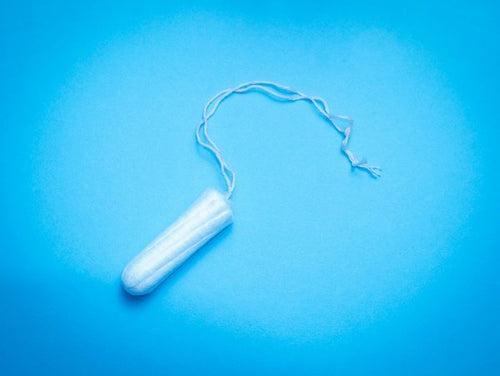Menopause is a natural phase women go through as we age. Here’s what you should know about this process and your natural hormone replacement options.
A woman’s hormone levels fluctuate significantly during different phases of her life. In addition to the hormone changes that occur every month as part of the female menstrual cycle, there are bigger changes that occur when a woman approaches and goes through menopause.
Menopause is a normal part of life for women. It typically begins between the ages of 35 and 55. During this stage of life, the body changes in various ways. The ovaries slow down the production of progesterone and estrogen, which is why the menstrual cycle stops during menopause. While the lack of a period is arguably one of the more pleasant menopausal symptoms you can experience, it does mark the end of fertility and the depletion of your body’s eggs.
If you’re approaching perimenopause (the 3–5 year period before you officially go through menopause), you may start experiencing changes in your hormone levels that can cause vaginal dryness, hot flashes, and other unpleasant symptoms. When this happens, it’s normal to consider whether hormone therapy is the right course of action to take.
Here are a few things you should know about hormone replacement therapy, the difference between bioidentical hormone therapy and synthetic hormone therapy, and how Mixhers Menopause can help you balance your hormone levels naturally.










